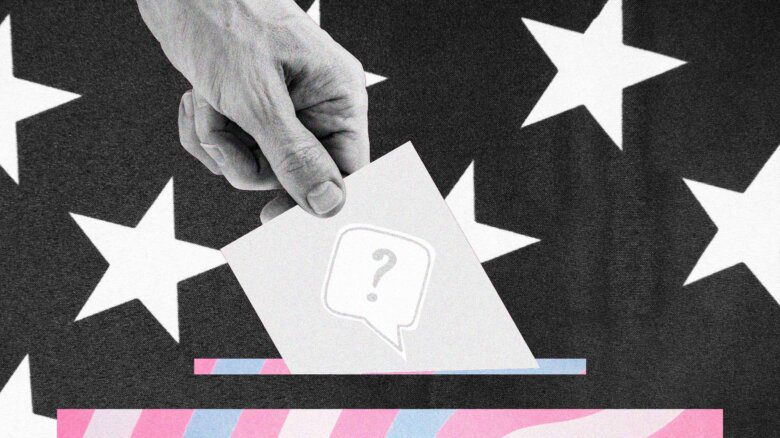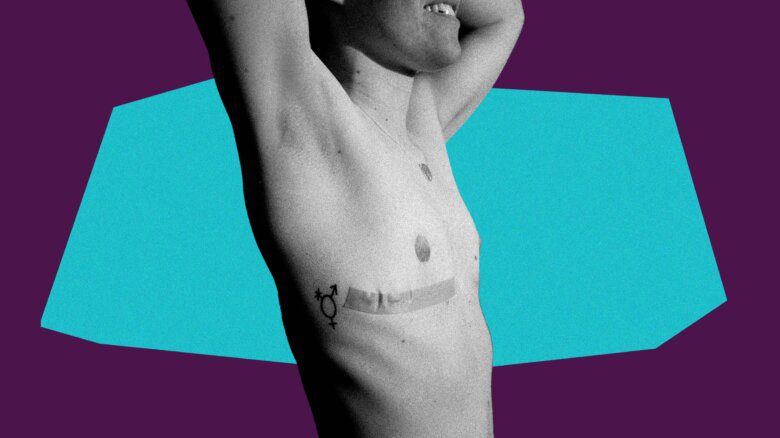The fight against AIDS in Ottawa is in crisis after the federal government refused to fund several prevention programs.
The AIDS Committee of Ottawa had requested $106,000 from Health Canada to fund the Man to Man Project and a program targeting women with HIV.
The rejection of ACO’s federal grant application means there will be no funding available for programs specifically tied to HIV prevention among gay men.
“The Man to Man project is over. It ended Sep 30, 2003,” says Bob Grantier, ACO’s acting executive director.
“Our board definitely intends to look at alternative ways of either getting funding or shifting our own resources into more prevention activities. We recognize the importance of prevention programs,” says Grantier.
Grantier adds that the ACO board is disappointed and deeply concerned about continued funding for prevention for HIV in the community from every level of government.
The Man to Man Project was run through a partnership with Pink Triangle Services and offered “targeted AIDS preventive education programs designed to assist men who have sex with men.” The Women’s Project was part of the same application and has been cancelled.
The application was made under Health Canada’s AIDS Community Action Program. Funds are intended to “enable new and innovative programs that further engage the volunteer, health care and research communities in programs to prevent HIV infection and to care, treat and support people living with HIV/AIDS.”
Grantier is unwilling to lay blame but does point out, “From what I know and from what I’ve seen from other agencies, Ottawa is not receiving its fair share under the ACAP program.”
An Ottawa-Carleton Council on AIDS (OCCA) funding application under the same program was also turned down. Funds would have gone to implementation of their HIV/AIDS strategic plan.
Ron Chaplin, chairman of the OCCA, explains that OCCA can look for alternative sources of funding and modify the implementation timeline for the strategic plan, but he calls the failure of the proposal to continue the Man to Man project a “crisis.”
“We are apprehensive that the City of Ottawa is not getting its full share of public funding in the HIV/AIDS field,” says Chaplin.
Chaplin points out that $1.2 million is allocated to the province of Ontario under this funding program. Ottawa is Ontario’s second largest city, but its share of that money would seem to be only the $63,000 Bruce House will receive.
Bruce House applied for funding under the same Health Canada program and will receive $63,000. This will be the first time Bruce House has received operational funds from Health Canada. Bruce House was the only successful Ottawa applicant.
Jay Koornstra, executive director of Bruce House, says the problem is the overall funding pot. He points out that ACO, OCCA and Bruce House were three of some 40-odd agencies that submitted proposals. He explains that there was an understanding that only 18 or so of these would receive funding.
“Somebody is going to lose money here no matter how much it’s needed,” says Koornstra.
Although Koornstra says the money for Bruce House is well-deserved and was desperately needed, he isn’t happy that Bruce House was the only agency to receive funding. He is distressed there is not money coming for prevention and education.
“They can drop money into providing support services for people with HIV/AIDS but is it going to be enough if they don’t stop people from being infected?” Koornstra asks.
“Clearly the more people that are infected the more money you will need for support services, so it’s a vicious circle.”
His concerns about the overall funding pot echo those of Paul Lapierre, executive director of the Canadian AIDS Society.
“One of the ongoing challenges is the funding level that is allocated under the ACAP programs. We’re looking at eight million dollars for the whole country and it’s been the same level of funding since 1993,” says Lapierre.

 Why you can trust Xtra
Why you can trust Xtra


